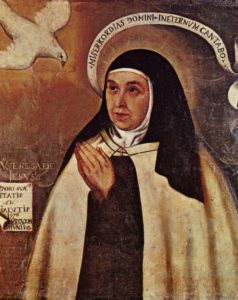Podcast: Play in new window | Download (Duration: 31:31 — 21.7MB) | Embed
Subscribe: Apple Podcasts | Spotify | Amazon Music | Android | Pandora | iHeartRadio | JioSaavn | Podchaser | Gaana | Podcast Index | Email | TuneIn | Deezer | Anghami | RSS | More
 Guided by Grace – “What am I to do?” The Discernment of God’s Will in Everyday Decisions with Fr. Timothy Gallagher
Guided by Grace – “What am I to do?” The Discernment of God’s Will in Everyday Decisions with Fr. Timothy Gallagher
Fr. Timothy Gallagher and Kris McGregor discuss how Christians can approach daily and major life decisions through the lens of St. Ignatius of Loyola’s teaching on discernment. Every choice—from small tasks to major vocational decisions—can be made in union with God when one seeks to act in harmony with His will. Discernment involves preparation through prayer, reflection, and the cultivation of spiritual freedom. Drawing from the Spiritual Exercises, he notes that a person must first clear away disordered attachments and form a heart that is ready to respond freely to God’s direction, much like Mary’s “Be it done unto me.”
Fr. Gallagher illustrates key principles with examples. Using a story involving a man named Kenneth to show us the choice between honesty and dishonesty shows that when a decision involves moral good versus evil, the right path is clear. Barbara’s pregnancy crisis highlights how Church teaching provides clarity in morally complex issues. Ruth’s dilemma about leading parish music while caring for her children reveals that God’s will often lies in fidelity to one’s vocation. Finally, Anthony’s struggle between family time and work illustrates how to handle ordinary choices through prayer, weighing circumstances, and learning from experience.
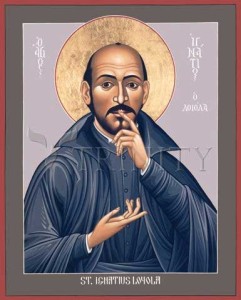 Discerning Hearts Reflection Questions:
Discerning Hearts Reflection Questions:
- How can I invite God into even the smallest daily decisions I make?
- In what ways do I prepare my heart through prayer and the sacraments to better discern God’s will?
- What attachments or desires might be keeping me from freely following what God asks of me?
- How do I ensure my moral choices align with the teachings of the Church?
- When faced with two good options, how can I discern which one best supports my vocation and responsibilities?
- What helps me recognize God’s peace after I make a decision?
- How can I grow in the disposition of Mary, saying “Be it done unto me according to your word”?
- How do I learn from past decisions to recognize God’s guidance more clearly in the future?
- When am I most tempted to rely on my own reasoning instead of seeking the Lord’s direction?
- How can I cultivate a daily habit of asking God, “What do You want me to do in this moment?”
From The Discernment of God’s Will in Everyday Decisions:
“Three Times in which a Sound and Good Choice May Be Made
The first time is when God Our Lord so moves and attracts the will that, without doubting or being able to doubt, the devout soul follows what is shown to it, as St. Paul and St. Matthew did in following Christ our Lord.
The second time is when sufficient clarity and understanding is received through experience of consolations and desolations, and through experience of discernment of different spirits.
The third time is one of tranquility, when one considers first for what purpose man is born, that is, to praise God our Lord and save his soul, and, desiring this, chooses as a means to this end some life or state within the bounds of the Church, so that he may be helped in the service of his Lord and the salvation of his soul. I said a tranquil time, that is, when the soul is not agitated by different spirits, and uses its natural powers freely and tranquilly.
If the choice is not made in the first or second time, two ways of making it in this third time are given below.”
Father Timothy M. Gallagher, O.M.V., was ordained in 1979 as a member of the Oblates of the Virgin Mary, a religious community dedicated to retreats and spiritual formation according to the Spiritual Exercises of St. Ignatius. Fr. Gallagher is featured on the EWTN series “Living the Discerning Life: The Spiritual Teachings of St. Ignatius of Loyola”. For more information on how to obtain copies of Fr. Gallaghers’s various books and audio which are available for purchase, please visit his website: frtimothygallagher.org

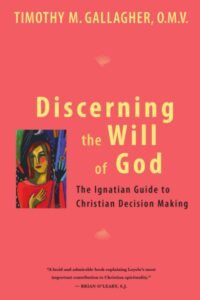



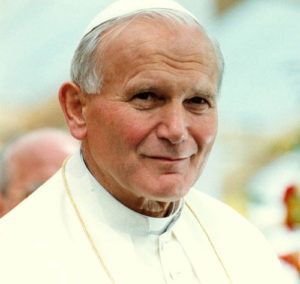
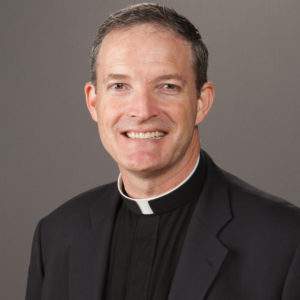
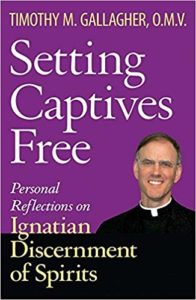

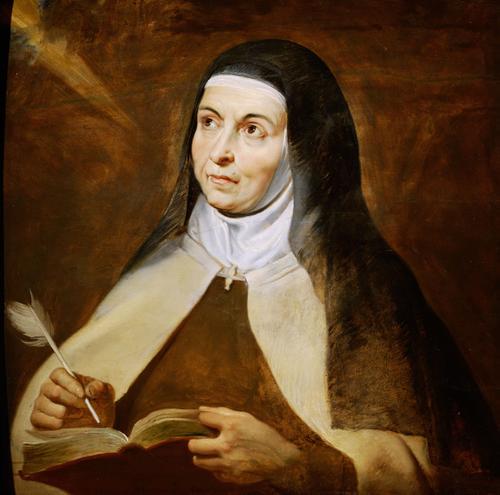 From the General Audience on St. Teresa of Avila
From the General Audience on St. Teresa of Avila